Summer is here and making a splash – but is your family water-safe? YMCA Swim School shares ten tips for swimming safe this summer.
With summer in full swing we are drawn to the water to cool off, but it’s not all fun and games when you’re aware of our local drowning statistics. New Zealand has one of the highest drowning rates per capita in the OECD. Seven children aged under five drowned in 2017 compared to three in 2016.
Even one preventable drowning is one too many, so we’ve called upon Karla McCaughan, award-winning Swim School Manager for YMCA in Auckland, to share her top ten tips for keeping your family water-safe this summer.
Top ten tips for water safety
1. Put away your phone
Make sure you actively supervise the children swimming at all times. It can take a matter of seconds for a child to get into trouble in water. Keep your eyes on them and if you can’t keep them within sight and within reach, have them stay out of the water until you’re able to go in with them. Have a designated supervisor for parties and family events so no one is confused as to who is watching the kids.
2. Teach hesitation
Teach your children that they are not allowed to play in, on or around water unless you are with them. 99% of drownings in this age group happen when children “find” water whilst unattended. Teach your children to ask themselves, “Have I got an adult with me?”
3. Learn to swim
Make sure the kids and yourself are confident and competent in the water. Head to your local pool to practice and book the kids swim school lessons. Choose an AUSTSWIM Recognised Swim Centre or Swimming New Zealand Quality Swim School. These Swim Schools are guaranteed to deliver a programme that employs teachers with an industry recognised qualification. A good Swim School will deliver a programme that not only teaches swimming but basic water safety and survival skills.
Handy hint: YMCA has teamed up with Plunket and Auckland City Council to offer half price lessons in off-peak times to Plunket clients with children aged 3 months to 5 years. The 160-year-old not-for-profit has won the AUSTSWIM Aotearoa Teacher of Infant & Preschool Aquatics three years in a row so you can rest assured they know their stuff! Find out more on the YMCA website.
4. Educate
Make sure the kids are truly aware of the dangers of water. Have an open chat with your children about what they would do if they saw a friend struggling in the water. It is important that they know not to go in the water to try and rescue someone else. Talk about what items could be thrown to someone in difficulty to help them float, like a ball or a chilly bin lid. Teach them to tell an adult immediately.
5. Spot the hazards
Work as a family to identify all water hazards in and around your home. There are many items that may present a drowning threat. Things like buckets, even pet bowls, anything that can contain water. Always stay with children during bath time and minimise distractions like answering the phone. Empty the bath tub after use and keep all plugs out of reach.
6. Don’t trust water toys as a safety device
Never rely on water rings or inflatable toys for safety. Toys are great for having fun with during supervised swimming but will not protect your child from drowning. They must also be removed from the pool when not in use; this may help prevent a toddler accidently falling in while trying to recover a toy.
7. Check your home pool
Make sure if you or your friends own a pool that it matches the safety standards and that it is safely fenced with securely lockable gates. Never leave anything that your child can climb on by the pool fence, ensure the gate swings back to closed after being opened, and have a child-proof latch. Always empty and store paddling pools after use.
8. Know the beach rules
As soon as you get to the beach, look around and familiarise yourself with the swimming area. It’s also a great time to remind the kids of what is around them and even outline a ‘swim zone’ that they shouldn’t swim past or beyond. If it is a beach with red and yellow flags, make sure they only swim in that area. This is where the life guards patrol, and indicates the safest place to swim on that beach.
9. Make life jackets a must
Children should wear life jackets at all times when on a boat, at the wharf or near any body of water. The life jacket must be the right size, tight fitting and worn correctly. Accompanying adults should wear life jackets, not only for their own protection but to set a good example.
10. Know the supervising rules
Children 10 years and under must be actively supervised by a caregiver 17 years or older. Active supervision means at a close distance in sight and earshot, watching at all times and able to provide immediate help if needed. Children four years and younger must be accompanied by an adult within arm’s reach.
Get in touch with your local YMCA to see how your family can become more confident and be safer in the water this summer, or visit www.ymcaauckland.org.nz/swim for more information.
This article was provided by YMCA Auckland. Established in 1855, YMCA is a not-for profit with a vision to build strong kids, families and communities through fitness, swimming, recreation, childcare, accommodation, sport, youth programmes and camps across Auckland, Waikato and Bay of Plenty.
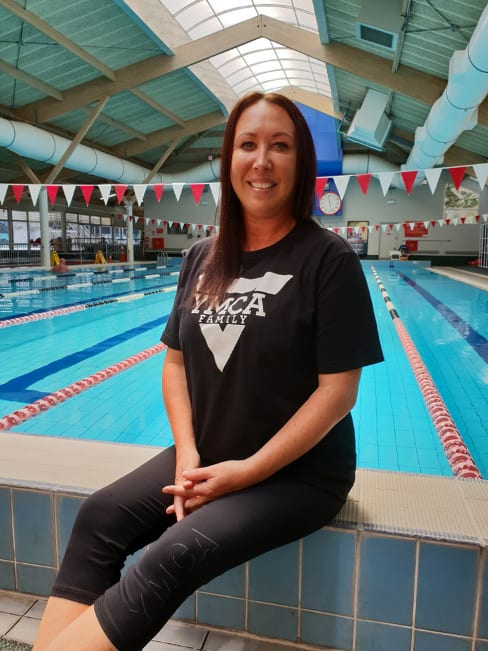
Read more on Kidspot:
- Water safety tips for wherever you are this summer
- Swimming lessons save lives
- See all YMCA Auckland has to offer in the Kidspot Directory
- Essential tips for travelling with toddlers

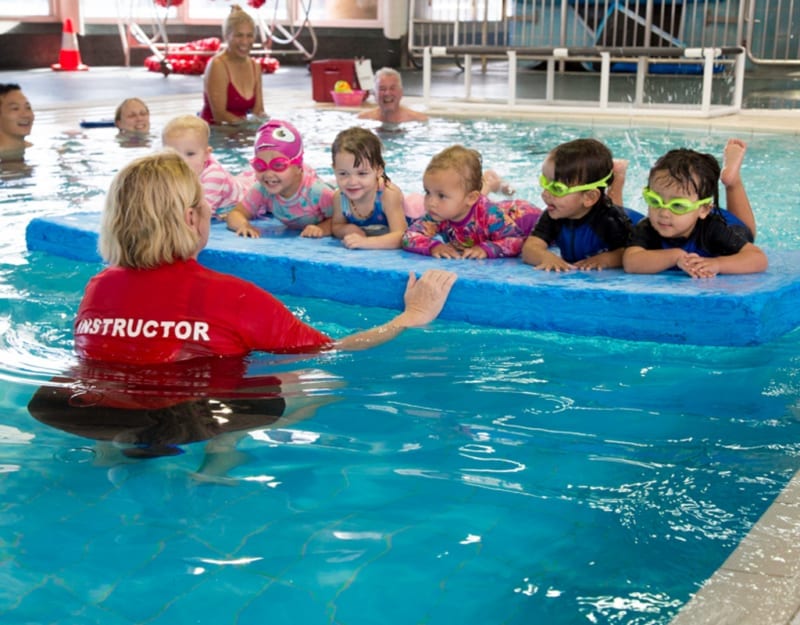
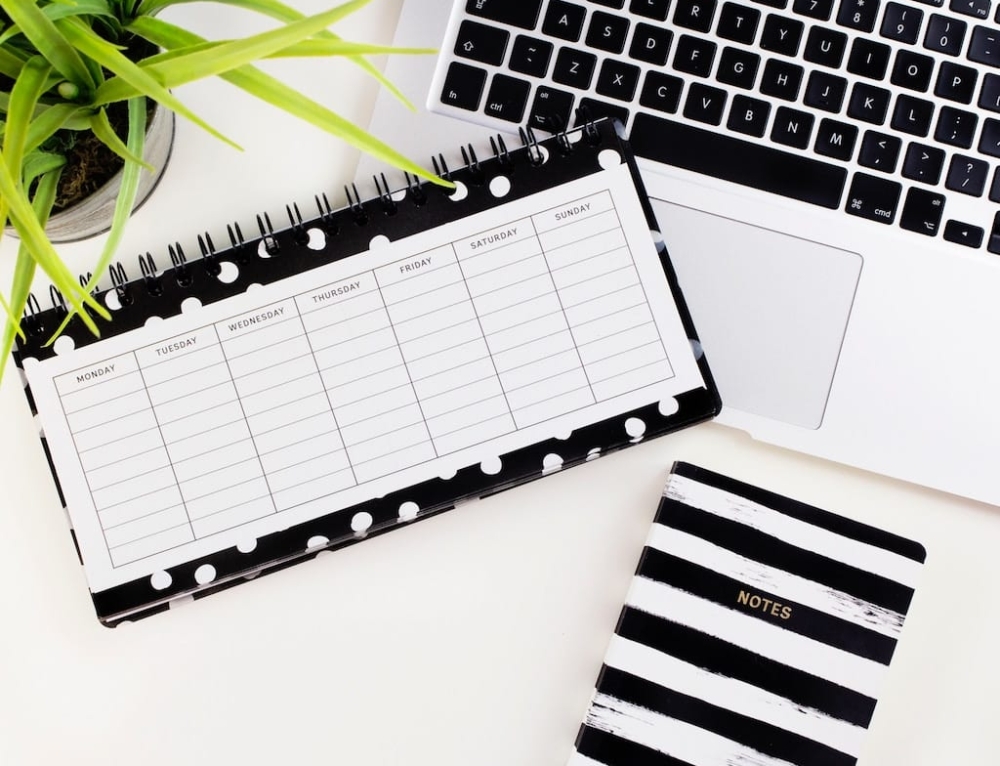
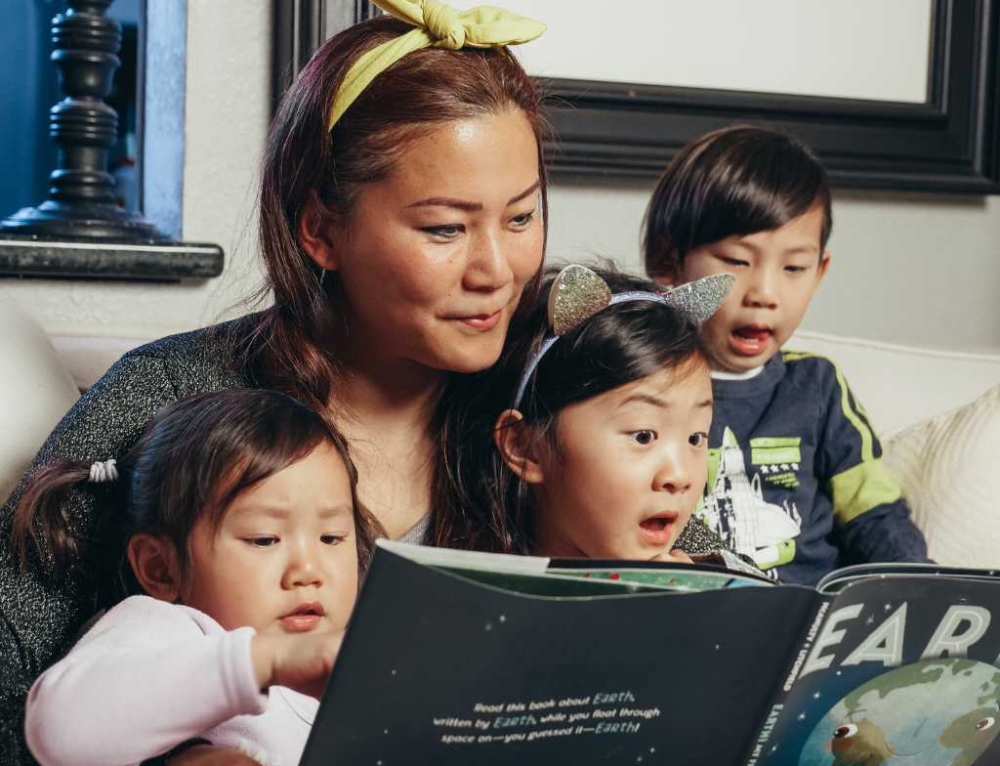
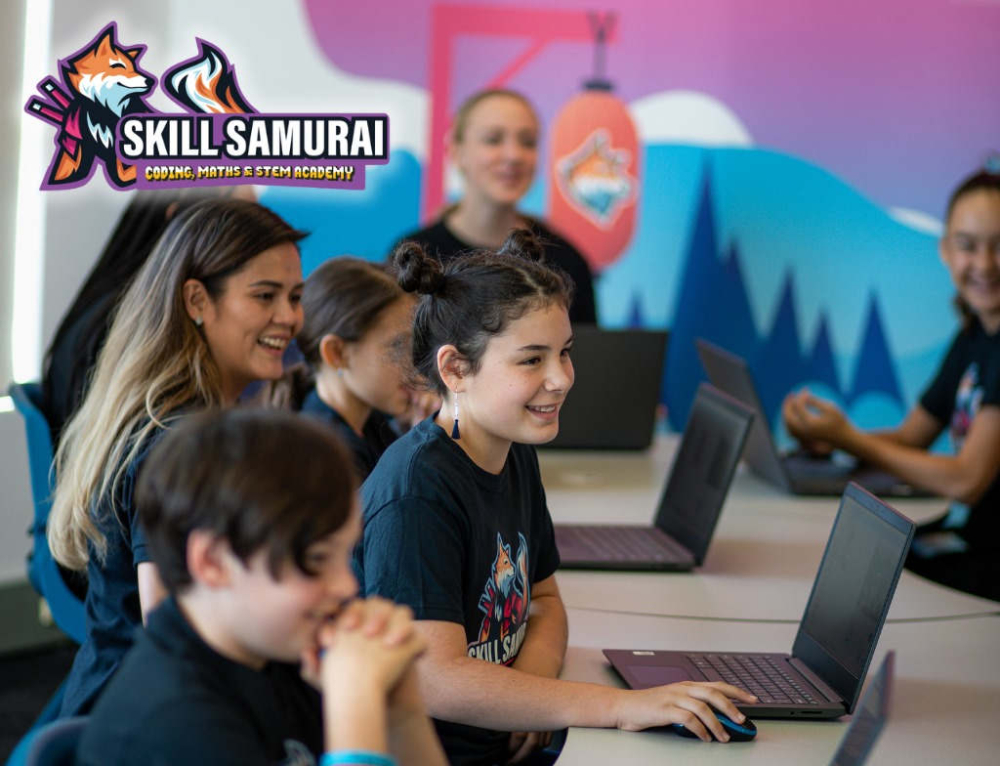
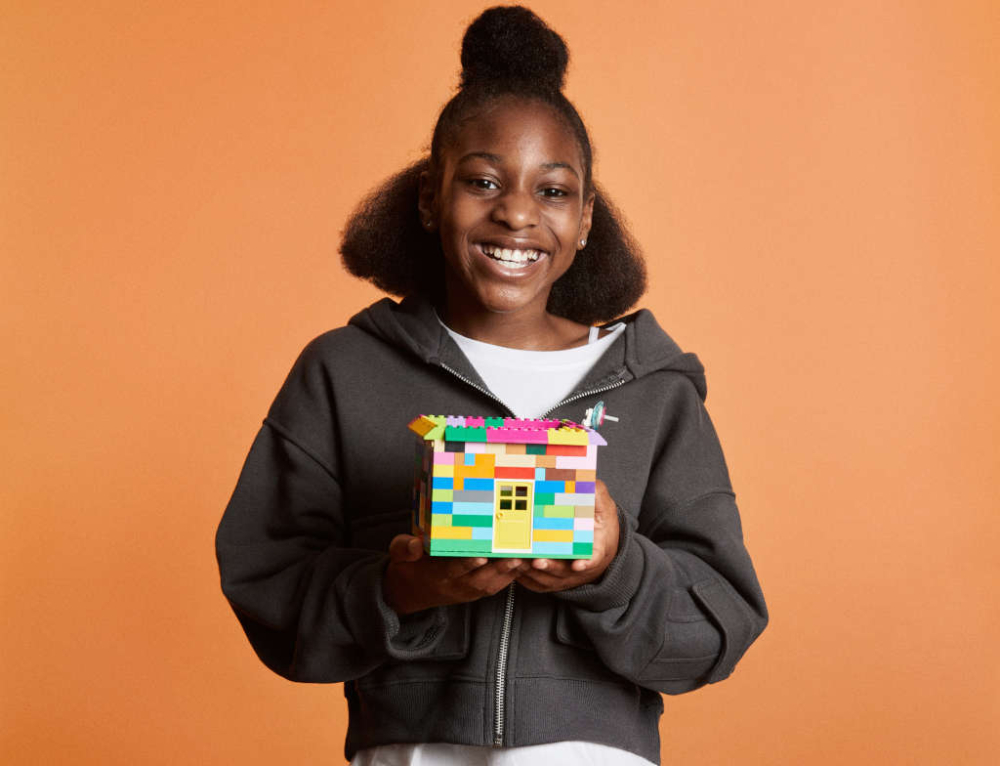
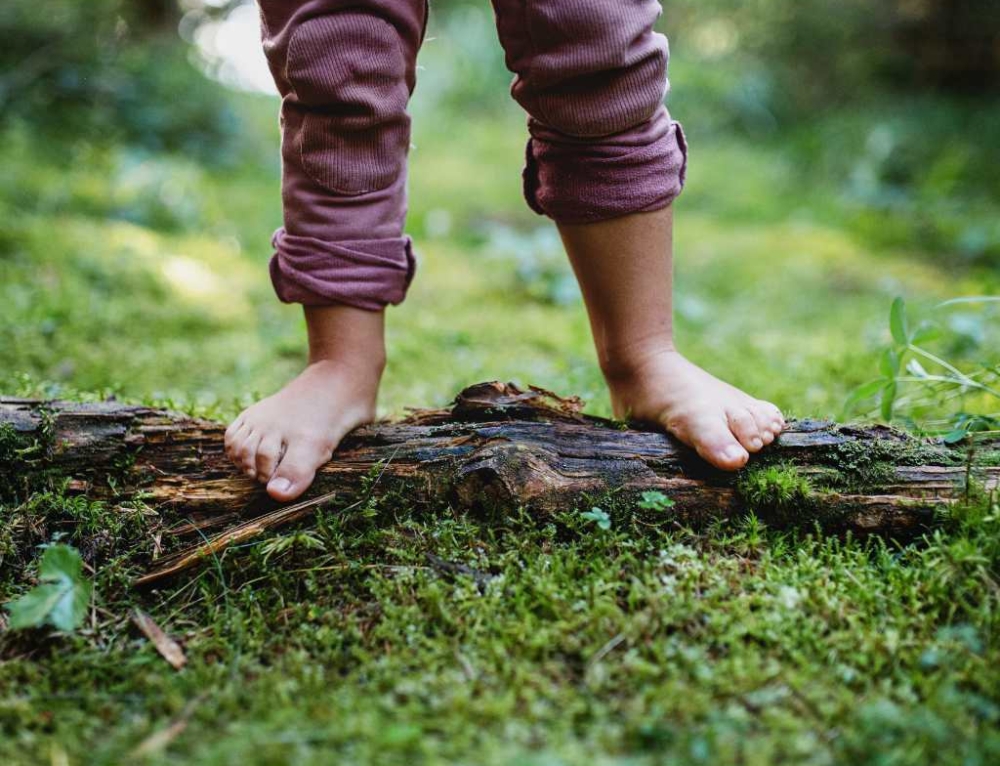
In a country where access to water is so easy,I think it is imperative that we teach our children safety and awareness when around water.
I don’t like swimming at the beach as I had a scare as a teenager and just don’t trust the sea now 🙄. We go to the beach but just paddle rather than swimming. We go to the pool but one of us is always with our daughter and she has been having swimming lessons 😁
The phone issues is a big one, so many people on there phones and not watching. If we are at the beach I like to go in and have a play too, keeps you cool, fun and is keeping you active. No distraction from watching your kids if you are playing with them. Water time is a good chance to bond with your kids. I think the school pool and beach education is also good as they need to learn how to keep themselves safe when you are not there.
I feel like the number 1 tip didn’t look like a key thing but these days…yes! Need to make sure we are paying attention and aware of our surroundings…not even just for water safety.
My kids know the rules with water don’t go near without us there. They done swimming lessons in Timaru through school and the pool down here gave them so much more swimming confidence. It was so great to see. Definitely the main thing is to keep off your phone while the kids are in the water.
Great tips, I think one important one is getting your child used to the water – swimming lessons are so important and we hope to do this soon.
In order to avoid phone distraction I get into the water with them. Can’t be on my phone if my hands are wet haha. We are lucky to have school swimming lessons as well. So important!
Love these… and that number one is the phone distraction…its such a real issue and has caused many a childs injury… it can be so easy to get lost in a screen you think for a minute but that can turn into 15 so fast… i think these are great tips and would save many…awareness is key